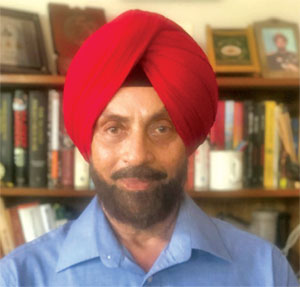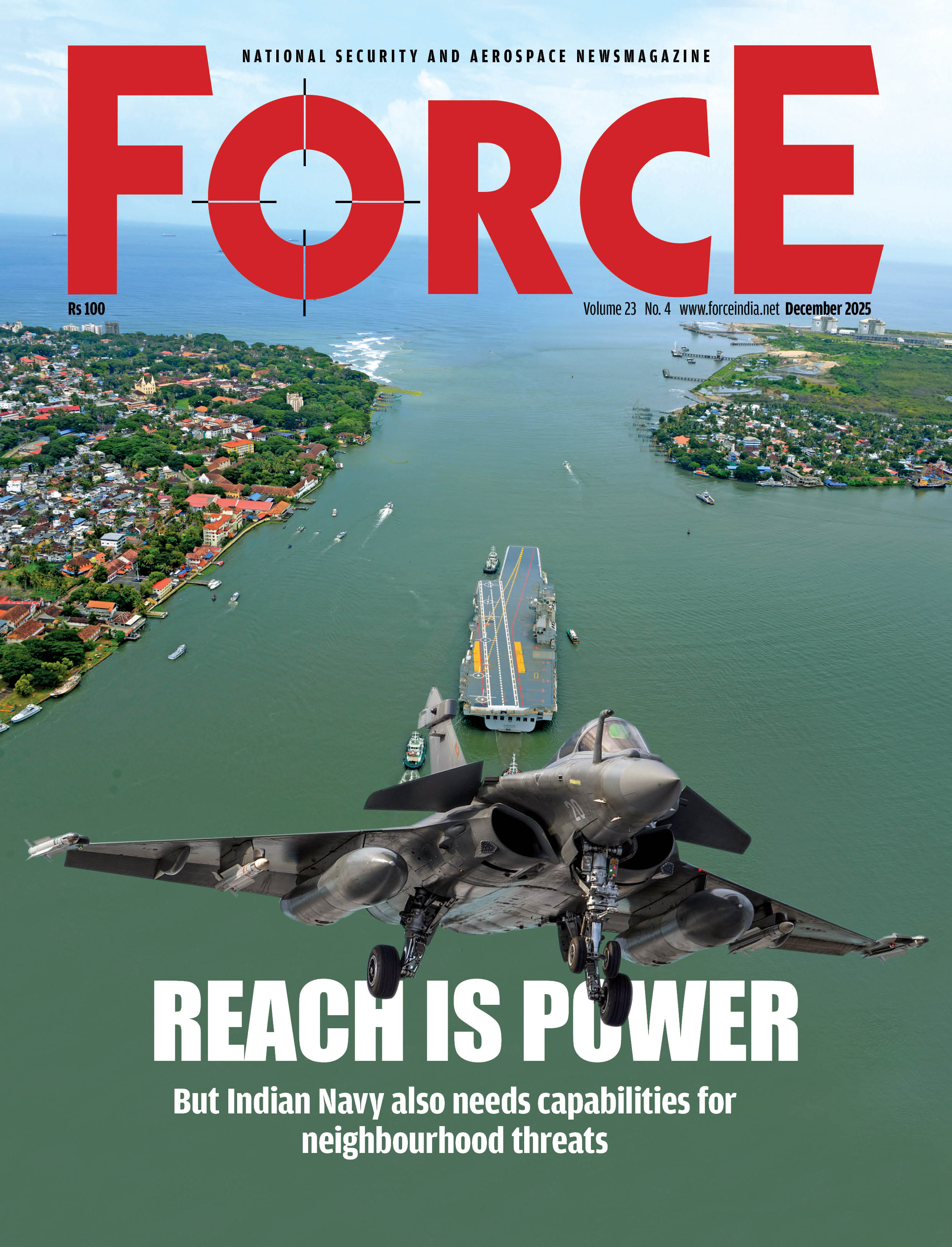Book Chat | Lt Gen. H.S. Panag PVSM, AVSM (retd)
Culturally in our army, intellectual pursuits are frowned upon and focus is entirely on training and regimentation
 You retired many years ago but started writing only recently. What drove you to writing?
You retired many years ago but started writing only recently. What drove you to writing?
After retiring from the army on 31 December 2008, I was appointed as a member of the Armed Forces Tribunal in June 2009. Being a virtual judge adjudicating on service and legal matters related to military personnel, I thought it would be inappropriate for me to write on military affairs. Once I retired from the tribunal on 4 December 2013, I felt that I must share my experience to contribute towards strategic and military thought in India, and public debate with respect to national security and military reforms. In my view, only public debate can force a reluctant government and a status-quoist military to reform.
To begin with, I utilised the Twitter to highlight the urgent need for reforms and then graduated to writing for various newspapers and online news portals with effect from 2014. Deification of the armed forces and identifying them with neo-nationalism was leading to stifling of reforms and creating a myth of military prowess. Hence, I also took it upon myself to ethically assess the capabilities and performance of the armed forces to highlight the weaknesses and shortcomings to force reforms. A selection of my articles has now been published in a book Indian Army: Reminiscences, Reforms and Romance.
You have expressed yourself on a range of subjects, from morale of the armed forces and war-preparedness to politicisation of the military. What issues are closest to your heart?
In my view, the most important issue is reforms with respect to national security and the armed forces. In India no white paper on national security has ever been issued by the government. India does not have formal National Security Strategy. The basic structur
Subscribe To Force
Fuel Fearless Journalism with Your Yearly Subscription
SUBSCRIBE NOW
We don’t tell you how to do your job…
But we put the environment in which you do your job in perspective, so that when you step out you do so with the complete picture.







